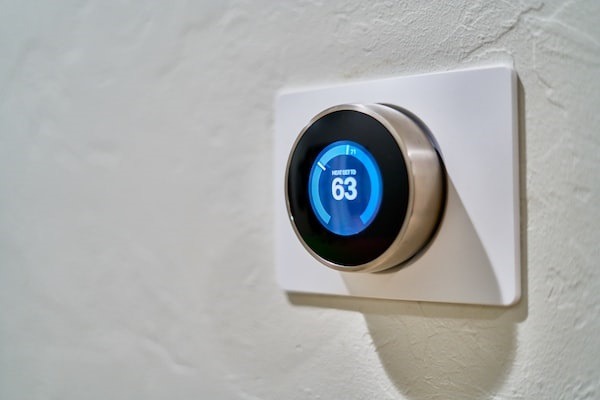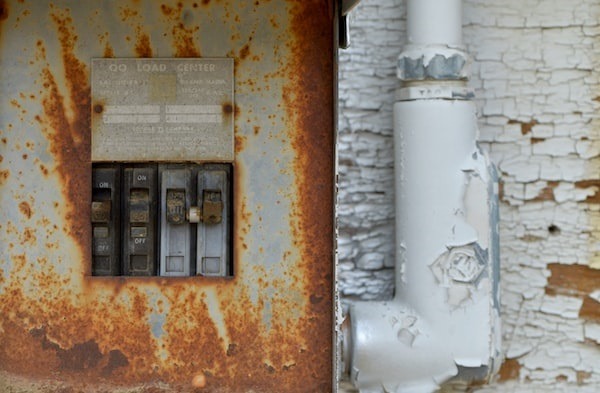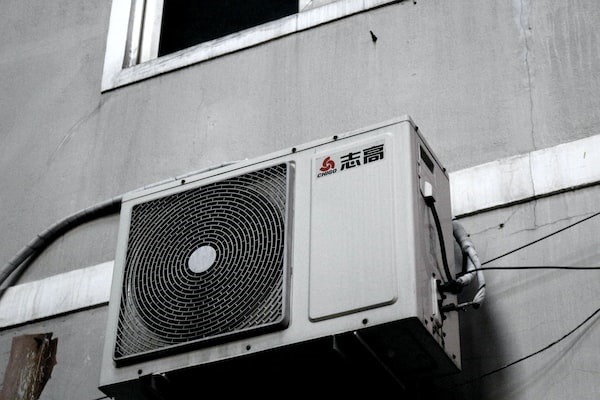Are you having trouble with your air conditioning unit? It can be incredibly frustrating when your air conditioner won’t turn on, leaving you feeling hot and uncomfortable. Fortunately, there are several potential reasons for an AC unit not turning on and some simple solutions. Keep reading to learn more.
Thermostat Malfunction
A thermostat malfunction is one of the most common reasons why an air conditioning system won’t turn on. The thermostat is the device that reads the temperature in the home and signals the air conditioning system to start up based on the desired temperature. If the thermostat is not working properly, it won’t be able to send the signal that is needed to start the air conditioning system.
One potential reason why the thermostat may not be working is if there is a wiring issue. If the wiring is damaged or has become disconnected, the thermostat won’t be able to read the temperature in the home and won’t be able to send the signal to the air conditioning system. In this case, it is important to inspect the thermostat and the wiring to make sure that everything is connected properly.
Another potential reason why the thermostat may not be working is if it is not calibrated correctly. Thermostats can be calibrated to read the temperature in the home more accurately. If the thermostat is not calibrated correctly, it may not be able to read the temperature in the home accurately and will not be able to send the correct signal to the air conditioning system.
Finally, another potential reason why the thermostat may not be working is if it is old or outdated. Older thermostats may not be able to read the temperature in the home accurately and may not be able to send the signal needed to start the air conditioning system. If the thermostat is old or outdated, it may need to be replaced.
Circuit Breaker Issue
One of the potential reasons why your AC turn kick on is a circuit breaker issue. This happens when the breaker trips and cuts off the power to the air conditioner. This may be due to an overload of electrical current or a short circuit. Overloading the circuit with too many appliances drawing too much power or a power surge can cause the circuit breaker to trip. Alternatively, a short circuit can occur when a hot wire touches a neutral wire, which creates a large power surge that overloads the circuit and trips the breaker.
If this is the issue, you may be able to reset the tripped breaker yourself by simply flipping the breaker switch off and then back on. Before doing this, make sure to check all the other appliances in the circuit to make sure that they are all off. If the breaker trips again, you may have a larger problem, such as a wiring issue in the circuit, that needs to be addressed. It is always recommended to have an electrician inspect the circuit and wiring to determine the exact cause of the issue.
Compressor Issue
The compressor is an integral part of the air conditioning system as it compresses the refrigerant gas and circulates it through the system’s evaporator and condenser coils. When the compressor is not working properly, it can prevent the air conditioner from turning on. Potential causes of a compressor issue include a faulty relay switch, a bad motor, or a bad capacitor.
The relay switch is responsible for sending the signal to the compressor to start running. If the relay switch is not functioning properly, it can prevent the compressor from turning on. Additionally, the motor is responsible for powering the compressor, and if it is not working properly, it can prevent the compressor from turning on. The motor can fail due to age, wear and tear, or a faulty part.
A bad capacitor can also be a potential cause of a compressor issue. The capacitor is responsible for providing the necessary power to the compressor in order to start and run. If the capacitor is not functioning properly, it can prevent the compressor from turning on.
There are several reasons why your AC won’t turn on, ranging from simple fixes such as a tripped circuit breaker to more complex issues such as a faulty compressor or a refrigerant leak. It is important to identify the cause of the problem as soon as possible in order to prevent further damage or expensive repairs.



